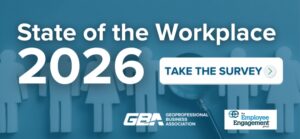On December 16, 2025, the Geoprofessional Business Association (GBA) and the Association of Geotechnical and Geoenvironmental Specialists (AGS) celebrated a milestone moment: the signing of a formal Terms of Reference (ToR) that launches a new partnership between two leading organizations in the global geoprofessional sector.
GBA and AGS: Shared Purpose, Distinct Reach
GBA, headquartered in the United States, empowers geoprofessionals to identify and mitigate business risks, elevating standards and professionalism across the industry. AGS, headquartered in the United Kingdom, leads and encourages best practices in geotechnical and geoenvironmental work, with a strong emphasis on contractual clarity and technical excellence.
Both GBA and AGS have member firms with offices and professionals around the world, and both share a commitment to technology, innovation, and bringing together firms—who are typically competitors—for the greater good of the profession.
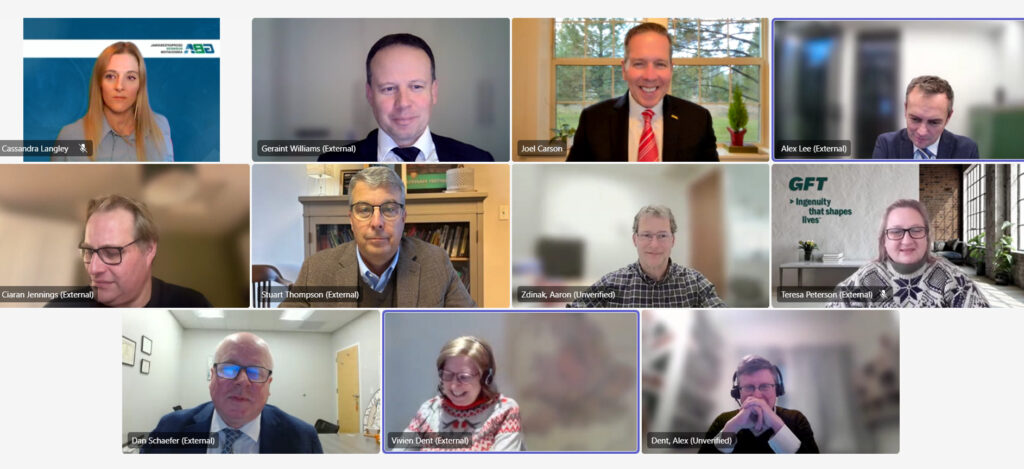 Reaching across times zones and borders, GBA and AGS join in a formal international partnership agreement to elevate geoprofessional value.
Reaching across times zones and borders, GBA and AGS join in a formal international partnership agreement to elevate geoprofessional value.
Commitment to Collaboration
The partnership signing was attended by leaders and members from both organizations, including:
• Teresa Peterson, P.E., C.M.E., LEED AP O&M, ENV SP (President, GBA)
• Dan Schaefer, P.E. (President-Elect, GBA)
• Stu Thompson (Secretary-Treasurer, GBA)
• Aaron Zdinak, P.E., BC.GE (Geotechnical Business Committee, GBA)
• Joel Carson (Executive Director, GBA)
• Alex Lee, PhD, MSc, BSc (Hons), CGeol, CSci, EuGeol, ASoBRA, APAEWE, SiLC SQP, FGS (Chair, AGS)
• Geraint Williams, BSc, MIEnvSc, FGS (Chair-Elect, AGS)
• Alex Dent, BSc (Dunelm) MSc, EurGeol, C.Geol, FGS (Geotechnical Working Group Leader, AGS; GBA Member), and
• Vivien Dent, BSc, MSc, FGS, Cgeol, ASoBRA (Past-Chair, AGS), who was one of the main driving forces behind launching and formalizing this historic partnership.
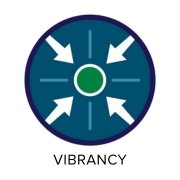 “This is a historic moment. Things like this don’t happen every day. Both organizations bring together firms who may otherwise be competitors, but who put aside their differences for the betterment of the whole geotechnical, geoenvironmental, and geoprofessional community. We look forward to working closely with representatives from both organizations to find common interests and continue our mission to elevate the profession and celebrate our successes.” – Teresa Peterson and Dan Schaefer in a joint statement.
“This is a historic moment. Things like this don’t happen every day. Both organizations bring together firms who may otherwise be competitors, but who put aside their differences for the betterment of the whole geotechnical, geoenvironmental, and geoprofessional community. We look forward to working closely with representatives from both organizations to find common interests and continue our mission to elevate the profession and celebrate our successes.” – Teresa Peterson and Dan Schaefer in a joint statement.
“Our gathering today marks an exciting new chapter in our shared commitment to collaborating to advance the geoprofessional industry,” – Joel Carson
“It’s the commitment to collaboration that’s different about this agreement. This is an opportunity for a new journey, a new beginning.” – Alex Lee
“There are areas where we have industry problems that are common to both of us. I’m really looking forward to the collaboration.” – Vivien Dent
How We’ll Work Together
The agreement sets out a framework for collaboration to advance mutual interests, including:
• Elevating the profession: Joint efforts to raise standards and celebrate successes.
• Geotechnical data & technology: Collaboration on coding, sharing, GIS, and AI.
• Sharing industry insights: Exchanging examples of industry successes and failures.
• Active dialogue & engagement: Regular meetings, shared committees, and working groups.
A Commitment to Collaboration
A highlight of the partnership signing was the verbal commitment for AGS and GBA leaders to attend each other’s annual conferences in 2026:
• GBA at the AGS Annual Conference: March 2026, UK
• AGS at the GBA Annual Conference: April 2026, USA
This mutual participation underscores the organizations’ dedication to learning from each other and strengthening global ties.
Elevating Geoprofessional Value through Partnership
For geoprofessional consultants, this partnership means greater access to shared resources, expertise, and networking opportunities across borders. Expect new initiatives, joint events, and a renewed focus on elevating the value and impact of geoprofessional services.
As Alex Dent noted, “Relationships are about people.” This partnership is built on that principle, aiming to unite professionals for the advancement of the entire industry.
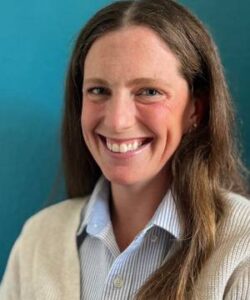 GBA is pleased to welcome Nikki Scalia to the team as Business Development Manager. Drawing on her background as a geotechnical engineer, Nikki will help grow GBA’s membership by engaging directly with geoprofessionals and their firms. She will lead efforts to identify, connect with, and onboard new geoprofessional consulting firms, while strengthening GBA’s visibility as a trusted, connected voice across the community. Known for her cross disciplinary collaboration, she thrives on connecting people and fostering cooperative environments—leveraging strong technical communication, organizational, and problem solving skills.
GBA is pleased to welcome Nikki Scalia to the team as Business Development Manager. Drawing on her background as a geotechnical engineer, Nikki will help grow GBA’s membership by engaging directly with geoprofessionals and their firms. She will lead efforts to identify, connect with, and onboard new geoprofessional consulting firms, while strengthening GBA’s visibility as a trusted, connected voice across the community. Known for her cross disciplinary collaboration, she thrives on connecting people and fostering cooperative environments—leveraging strong technical communication, organizational, and problem solving skills.


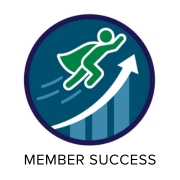

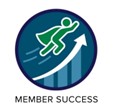

 Reaching across times zones and borders, GBA and AGS join in a formal international partnership agreement to elevate geoprofessional value.
Reaching across times zones and borders, GBA and AGS join in a formal international partnership agreement to elevate geoprofessional value.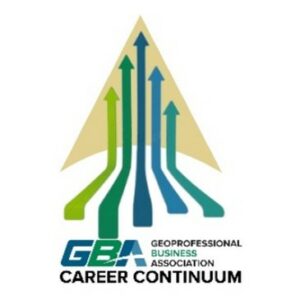 GBA’s Early Professional Class (EPC) is the first offering in our
GBA’s Early Professional Class (EPC) is the first offering in our 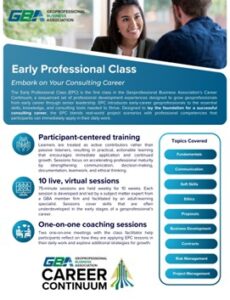
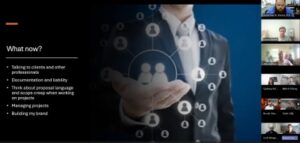

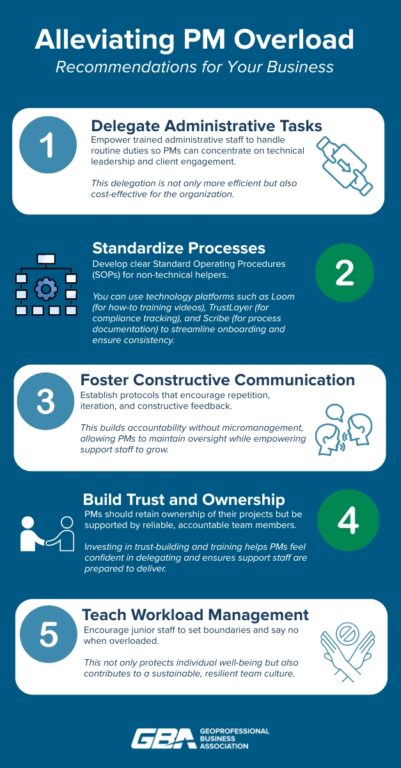
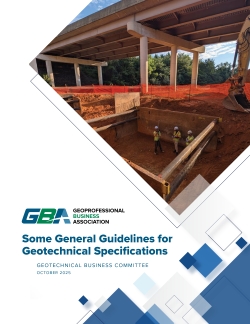
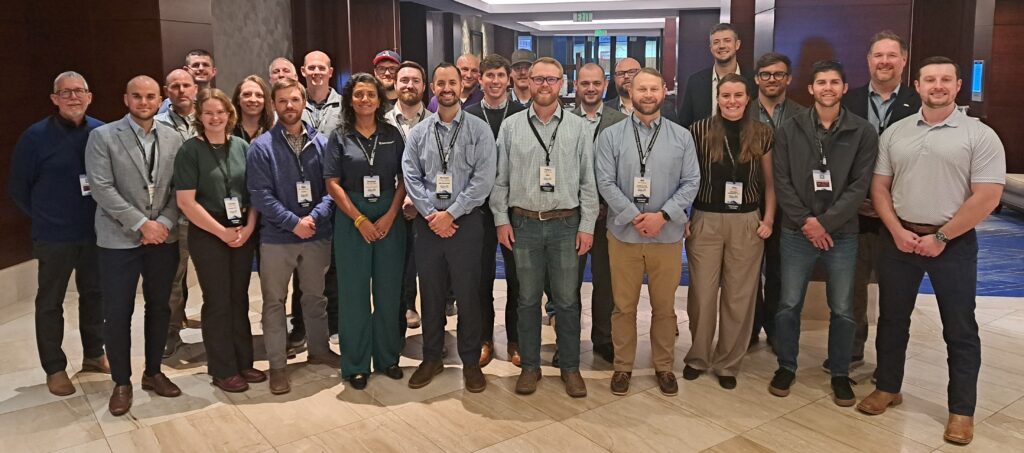
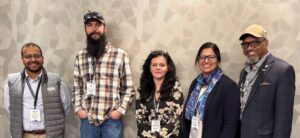 From left: Intisar Ahmed, MS, P.E., P.Eng.; James Siemens, P.G.; GBA Committee Coordinator Stacey Moore; Abeera Batool, Ph.D., P.E.; Robert Howard, P.E.
From left: Intisar Ahmed, MS, P.E., P.Eng.; James Siemens, P.G.; GBA Committee Coordinator Stacey Moore; Abeera Batool, Ph.D., P.E.; Robert Howard, P.E.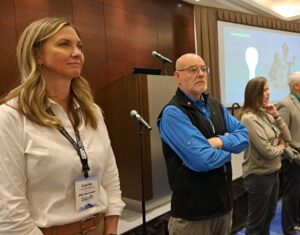 The ACCESS Execution workshop and keynote got participants on their feet. From left: Carrie Rodriguez, P.E., G.E.; Andy Siemens, P.E., G.E.; and Tiffany Vorhies, PMP, NACE CIP-2.
The ACCESS Execution workshop and keynote got participants on their feet. From left: Carrie Rodriguez, P.E., G.E.; Andy Siemens, P.E., G.E.; and Tiffany Vorhies, PMP, NACE CIP-2.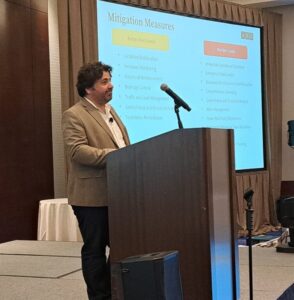 Onur Kaçar, Ph.D., P.E., presents on ANS Geo’s award-winning battery energy storage system project.
Onur Kaçar, Ph.D., P.E., presents on ANS Geo’s award-winning battery energy storage system project. 2025 GBA Board of Directors and Committee Chairs.
2025 GBA Board of Directors and Committee Chairs.